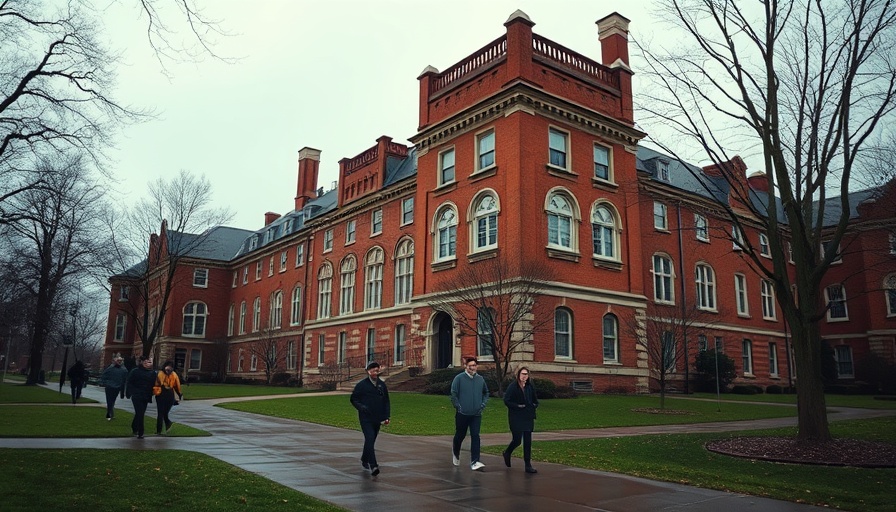
Trump's Executive Order and Its Implications
President Donald Trump's recent executive order aims to block nearly all foreign students from attending Harvard University, a move that has sparked outrage and concern within academic and international communities. This decision stems from Trump's ongoing battle with the prestigious institution, which he claims harms national security by allowing international students to enroll.
The National Security Argument
In his executive order, Trump cited national security as a primary concern, suggesting that the presence of foreign students at Harvard could jeopardize the interests of the United States. He asserted that Harvard had rendered itself unsuitable for hosting foreign students due to its alleged misconduct and failure to provide required records to the federal government. This argument echoes similar rhetoric used in other contexts, where national security concerns have been raised to justify restrictive immigration policies.
A Broader Context of Tension
This latest move comes amid escalating tensions between the Trump administration and Harvard University. For months, the administration has pressured the university to alter its policies and governance, accusing it of liberal bias and failing to adequately address issues related to student misconduct. Harvard has pushed back, asserting its right to autonomy in managing its student body and refusing to comply with what it perceives as unlawful demands.
Impact on International Students
The implications of this order are considerable for the approximately 7,000 international students currently enrolled at Harvard. Many of these students are conducting vital research and contribute significantly to the academic environment of the university. With international students making up a significant portion of graduate school enrollment, Harvard’s reputation as a global educational leader is at risk.
Responses from Harvard and the Academic Community
In response to the executive order, Harvard officials have expressed their commitment to protecting their international student body. They view the order as another illegal retaliatory step against the university, potentially infringing upon First Amendment rights. The academic community has rallied around Harvard, with many arguing that restricting access to educational opportunities undermines the core values of freedom and knowledge sharing that American universities stand for.
Historical Context and Backlash
This isn't the first time Trump's administration has taken significant steps to restrict immigration, particularly from countries the administration has deemed high-risk. Previous efforts, such as the travel ban targeting specific nations, were met with widespread protests and legal challenges. This approach has drawn criticism from various sectors, with opponents arguing that such measures often lack substantial evidence and harm the nation’s reputation globally.
Looking Ahead: The Future of U.S. Higher Education
The assault on foreign students may set a precedent that reverberates beyond Harvard. If this executive order holds, it could influence other universities, potentially leading to a decrease in international enrollment across the nation. This shift raises broader questions about the future of U.S. higher education and its role as a leader in global scholarship and research.
Calls for Legal Challenges
Legal experts anticipate that Harvard will mount a vigorous defense against the executive order, likely resulting in an extensive legal battle. Such confrontations often take years to resolve, leading to uncertainty for students and faculty alike. The administration's push has prompted discussions about the implications of such a stance on educational freedom and civil rights in the U.S.
A Community Divided
This situation has left many stakeholders divided. On one side, supporters of the executive order argue for strict immigration control and national security. On the other, human rights advocates and educational leaders warn against the dangers of sacrificing educational access for political gains. The outcome of this battle will undoubtedly have lasting effects on how America is viewed in the realm of education and immigration.
As this story unfolds, staying informed on its developments will be crucial for students, educators, and community members who value the contributions of international scholars in academia. The surrounding discourse on this issue illustrates the delicate balance between national interests and educational freedom, a conversation that will likely continue to evolve in the months to come.
 Add Row
Add Row  Add
Add 






Write A Comment